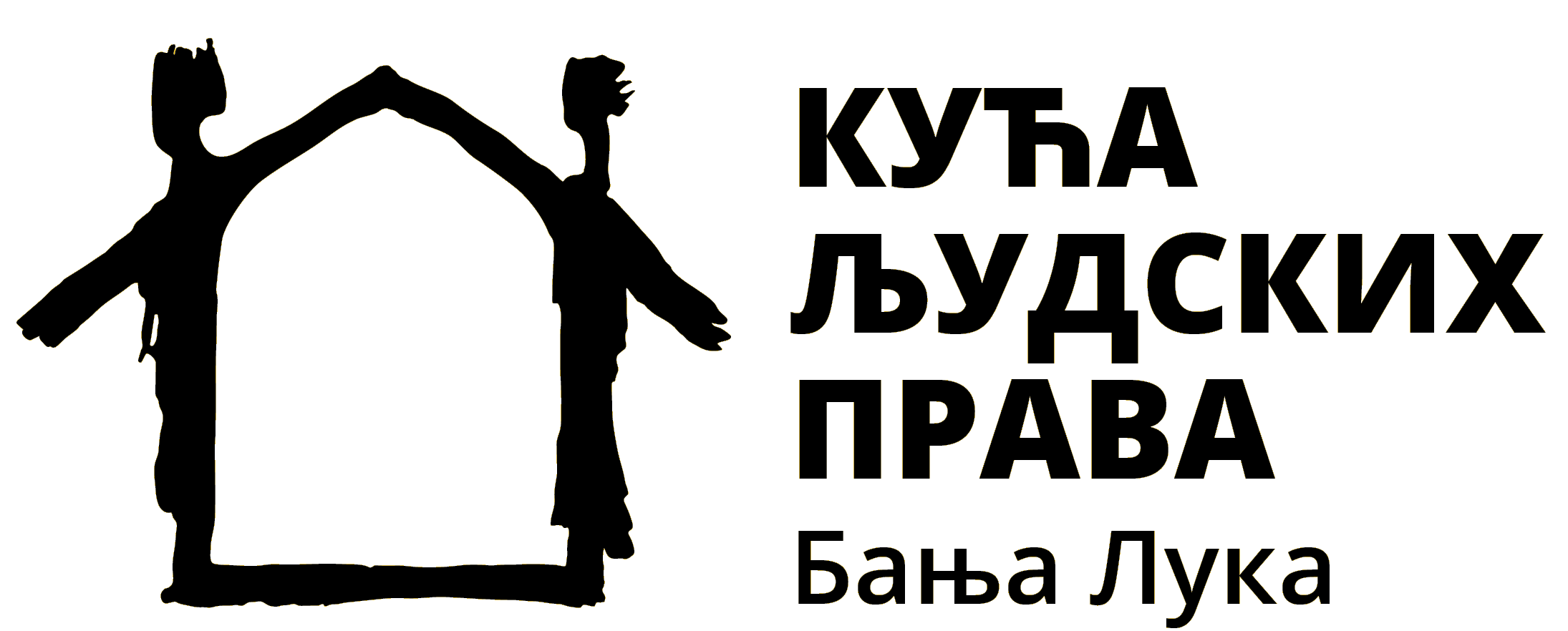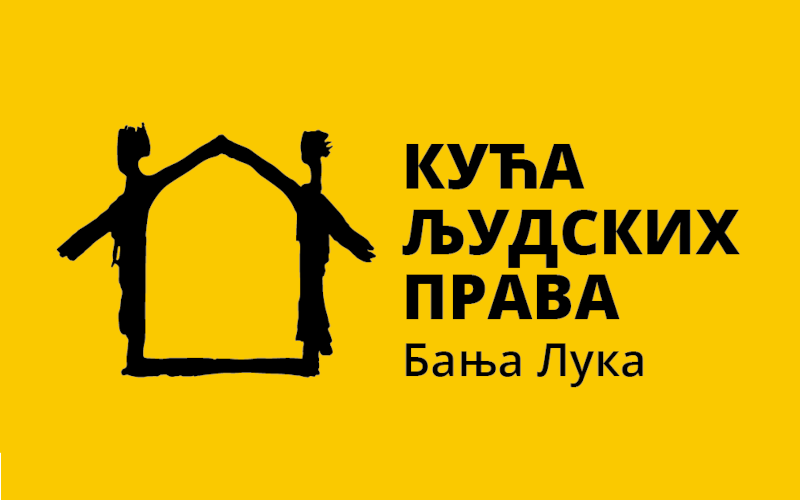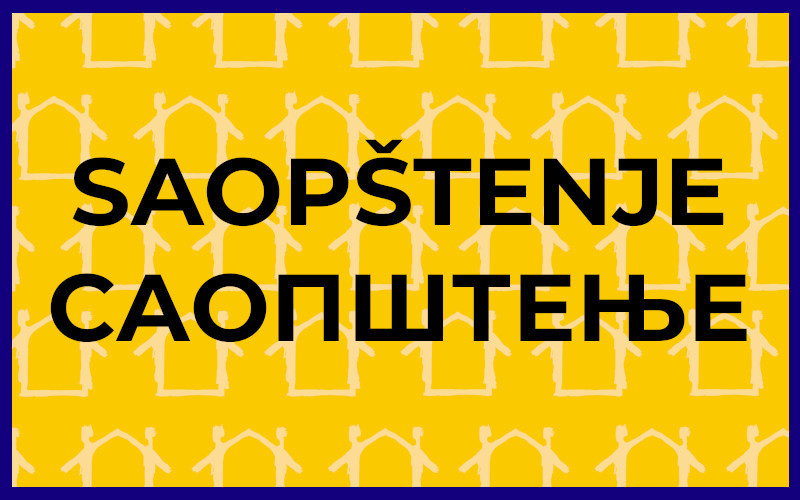The analysis of the quality and efficiency of prosecuting high-level corruption in BiH represents a comprehensive overview of the reaction of the BiH’s judiciary in relation to the emergence and development of the most complex forms of crime, expressed through the category of high-level corruption, in the time frame of 2021-2023.
High-level corruption is the basis of the dysfunctionality of the system, within which holders of the highest political offices, in an effort to expand and/or retain their own power, and using their position and influence, commit a wide range of criminal acts, which is why high-level corruption is considered a special form of political corruption. In the form of a Definition, the High Judicial and Prosecutorial Council of BiH has singled out high-level corruption cases and prescribed the conditions that must be met for the categorization of this type of cases. Conditions are based on two fundamental criteria, namely the nature of the perpetrator, and the special qualitative characteristics of the prosecution case itself.
An analysis of the efficiency of prosecuting corruption shows poor results of the Bosnian-Herzegovinian judiciary, primarily in the context of the extremely small number of cases of this category filed in prosecutors’ offices in BiH, which consequently reflected in the number of investigations initiated and indictments filed. The lowest level of efficiency in this process is noticeable in terms of the duration and completion of initiated proceedings, as well as in the penal policy, which lenient solutions towards convicted persons can only have an encouraging effect in terms of committing new criminal offenses.
You can read the complete analysis in the attached PDF document:
TI-BIH-Kvalitet-i-efikasnost-procesuiranja-visoke-korupcije-u-Bosni-i-Hercegovini-WEB Download



